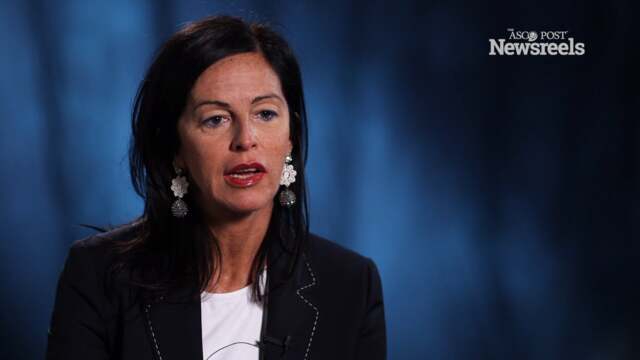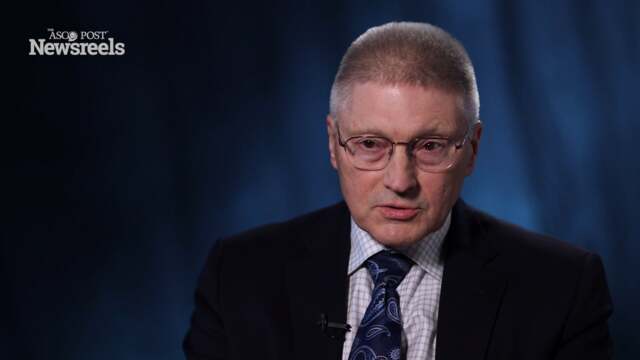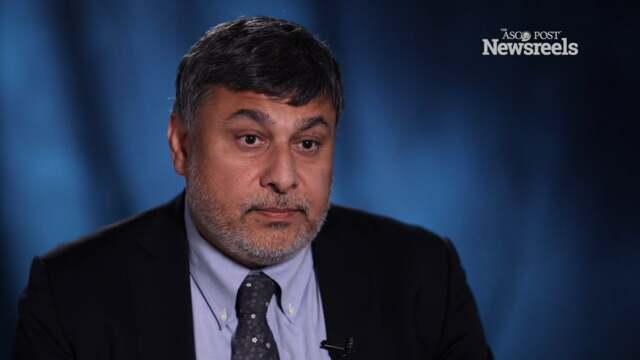Alice T. Shaw, MD, PhD, on ALK, Crizotinib, and Alectinib
2015 IASLC World Conference on Lung Cancer
Alice T. Shaw, MD, PhD, of Massachusetts General Hospital, summarizes efficacy and safety data from studies on crizotinib, brigatinib, and alectinib for ALK-positive non–small cell lung cancer (ORAL 33.03, 33.06, 33.07).
Silvia Novello, MD, PhD
Silvia Novello, MD, PhD, of the University of Turin, discusses a much-neglected aspect of lung cancer: It is not just the province of men; women are affected in great numbers as well.
Karen Kelly, MD
Karen Kelly, MD, of the University of California, Davis, summarizes three important papers on NSCLC: expression as a predictive biomarker; pembrolizumab, immune-mediated adverse events, and corticosteroid use; and an evaluation of disease-related symptoms in patients treated with nivolumab or docetaxel (Abstracts ORAL 31.01, 31.02, and 31.03).
Philip Bonomi, MD
Philip Bonomi, MD, of Rush Medical College, summarizes a debate on two important issues: choosing between surgery and stereotactic body radiation therapy (SBRT) in operable NSCLC, and whether or not to use SBRT for nonbiopsied lung nodules (Abstract PC 01).
Naiyer A. Rizvi, MD
Naiyer A. Rizvi, MD, of Columbia University, offers an update on immune checkpoint inhibitors in non–small cell lung cancer: what’s new and what’s next.
Nagashree Seetharamu, MD
Nagashree Seetharamu, MD, of the North Shore LIJ Health System, discusses serum AGA-signatures that may provide a minimally invasive test for early detection of lung cancer risk (Abstract P3.04-085).





